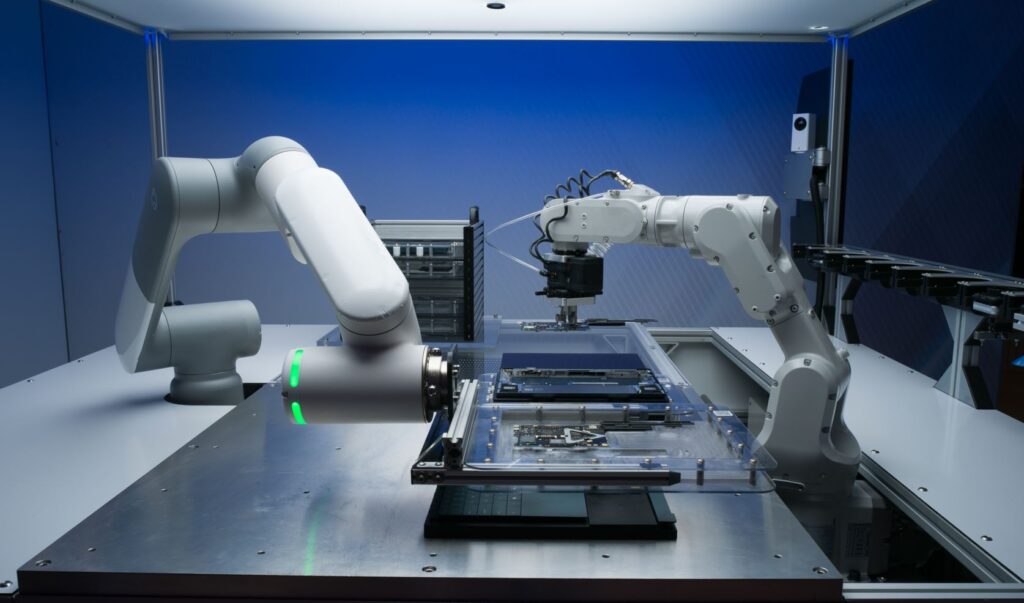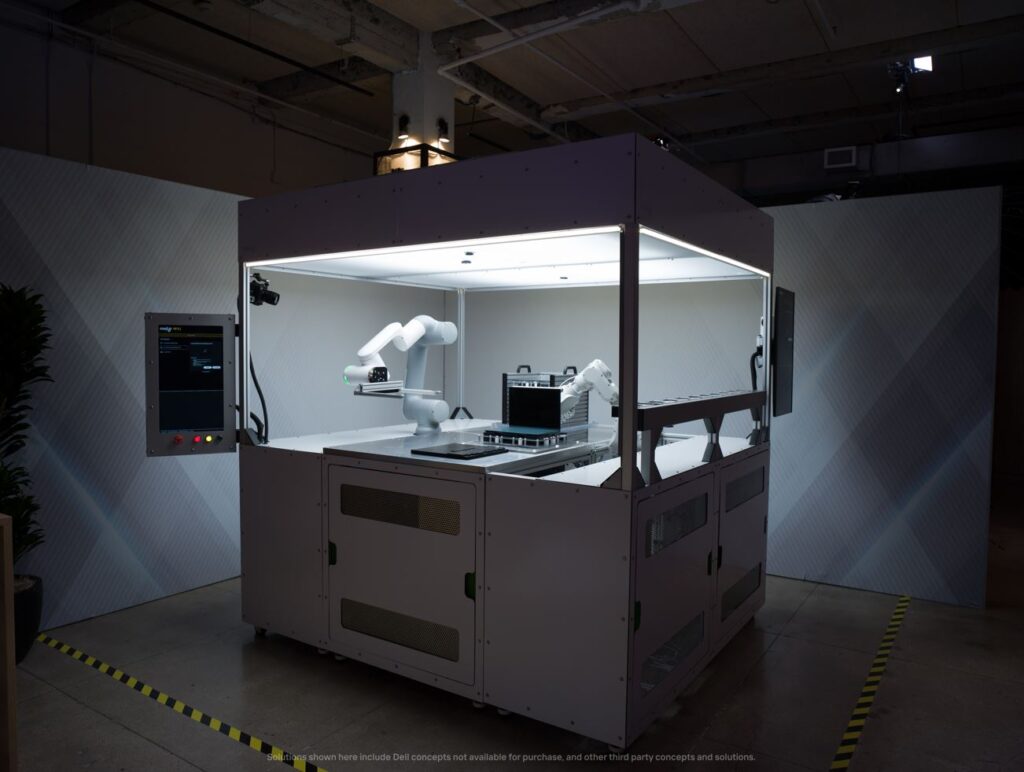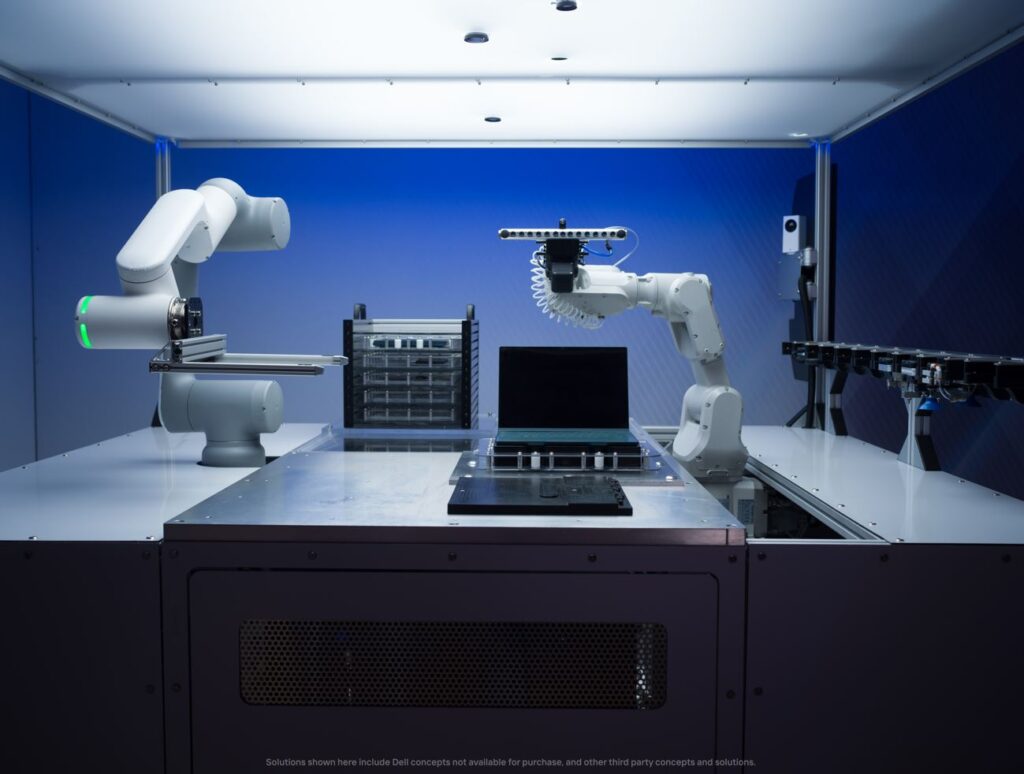
Dell Concept Luna aims to change the face of laptop design forever
Much like smartphones, laptops have become an ubiquitous cornerstone in the digital age that we now live in, relied upon for work and play in equal measure.
Following conventional manufacturing doctrine, the vast majority of laptops manufactured in recent times were made with intentional obsolescence in mind by making them hard to repair and with limited stockpiles of parts that make swapping them out for alternatives a logistical nightmare. To address these challenges, Dell Technologies came up with Concept Luna, a dream, an ideal and a concept for laptop design that would, hopefully, change the face of the industry for the better forever.
What has changed with Dell Concept Luna?
Originally announced in 2021 where Dell Technologies showcased the idea of a replaceable, reusable and accessible laptop that could save up to 50% in overall product carbon footprint, Concept Luna’s lofty dream has evolved to factor in more of what happens to it after it ceases to function.
While the original idea of Concept Luna – a modular laptop design that did not need glue or cables and reduced the need for screws remained to make it easy even for a novice to dismantle and repair – still remains, Dell Technologies has upped the ante by demonstrating the concept of an easily dismantled laptop at scale with the creation of a concept micro-factory that uses robots that can dismantle a Concept Luna laptop in minutes.

During the dismantling process, the micro factory and its robots are able to diagnose and assess the viability of each and every part in a Concept Luna laptop to identify parts that are kaput and those that are still in working order.
From there, the dismantled parts from a Project Luna concept laptop can potentially be used in other laptops or if unsalvageable, sustainably disposed of so that waste is minimised and a circular economy becomes more practical as an entire laptop and its components can be rapidly repurposed towards other working devices at scale.
It doesn’t seem ground-breaking on paper, but the automation of the process means that the reuse, recycling and refurbishment of devices, not just Concept Luna alone at scale, can potentially make the concept of a circular economy more viable than ever.

While the idea of an intelligent micro-factory that can effectively dismantle and repurpose tech devices and the idea of Concept Luna itself are still in the concept stage, it’s an optimistic vision for laptop design and one that’s in line with Dell’s goals for sustainability and a brighter, greener future.
While Dell Technologies has gone a long way to championing sustainability with diverse efforts such as their Dell Asset Recovery Services goes some way to tackling the mountain of e-waste in businesses in Malaysia, sustainability and the creation of a viable circular economy needs a concerted effort with every stakeholder including the end user – the customer itself – for it to be viable. Here’s hoping it will happen in our lifetime. For more on Concept Luna, check out Dell Technologies official post here.
